Home>Garden Essentials>How Deep To Plant Eggplant Seeds
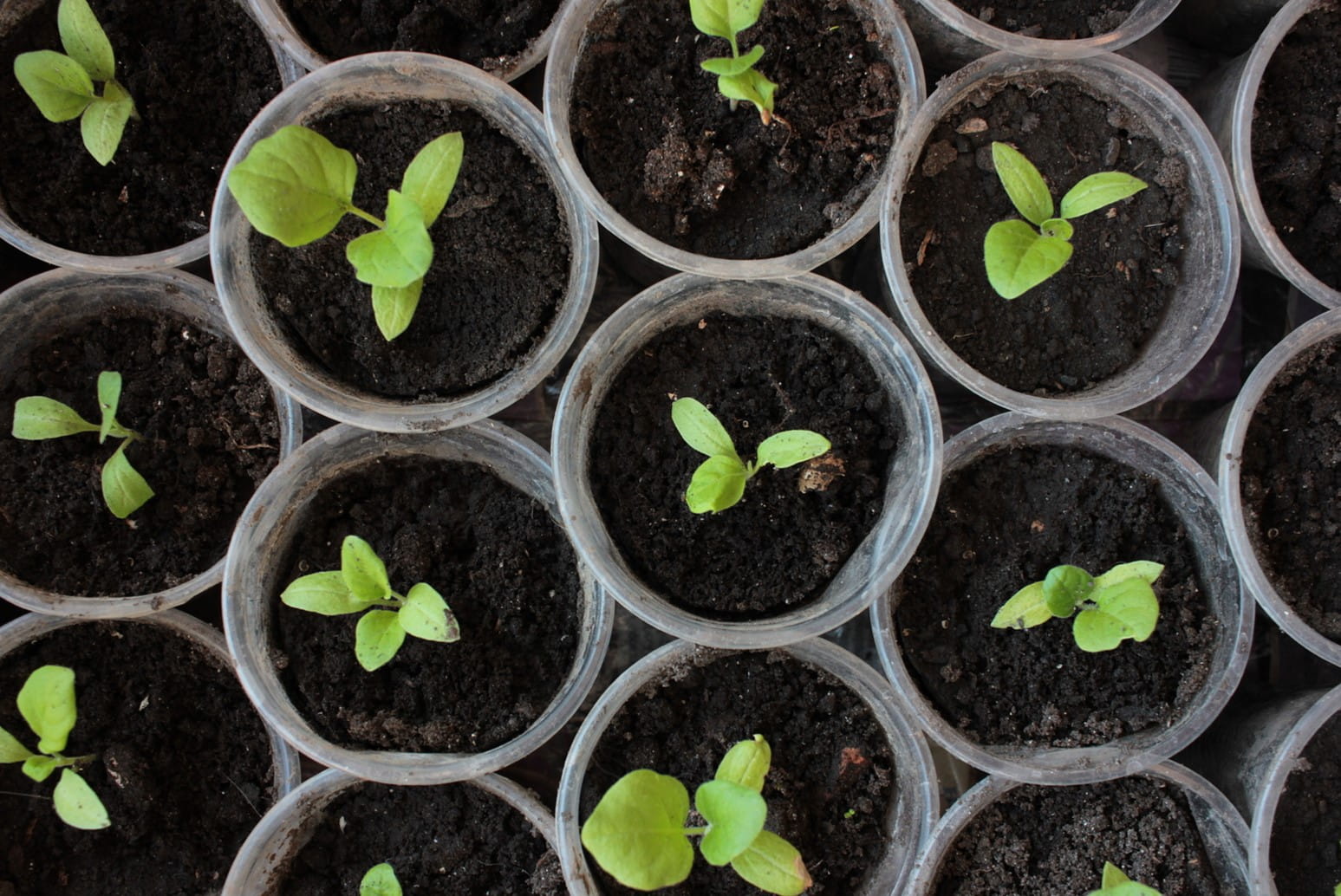

Garden Essentials
How Deep To Plant Eggplant Seeds
Modified: March 15, 2024
Learn the perfect depth for planting eggplant seeds to ensure a successful garden. Master the art of growing healthy eggplants with these planting tips.
(Many of the links in this article redirect to a specific reviewed product. Your purchase of these products through affiliate links helps to generate commission for Storables.com, at no extra cost. Learn more)
Introduction
Welcome to the world of gardening and the exciting journey of growing your own eggplants! Planting eggplant seeds is a rewarding experience that allows you to enjoy the satisfaction of watching them grow from tiny seeds into thriving plants, ultimately bearing delicious fruits in your own backyard.
Whether you’re a seasoned gardener or just starting out, understanding the proper depth for planting eggplant seeds is crucial for their successful germination and growth. In this article, we will explore the factors to consider before planting, the recommended soil depth, and essential tips to ensure optimal results.
But first, let’s learn a bit more about eggplants themselves. Eggplants belong to the Solanaceae family and are highly regarded for their versatility in cooking. These vibrant fruits come in various shapes, sizes, and colors, ranging from the classic deep purple to white, green, and even striped varieties.
Eggplants prefer warm weather and well-draining soil, making them a popular choice for gardeners in many regions. By providing the ideal conditions and planting the seeds at the correct depth, you can ensure a bountiful harvest of delicious eggplants for your culinary adventures.
Now that we have a basic understanding of eggplants, let’s dive into the factors to consider before planting the seeds.
Key Takeaways:
- Plant eggplant seeds shallowly, about ¼ to ½ inch deep, for optimal growth.
- Remember to pre-soak seeds, maintain consistent moisture, and avoid common mistakes for successful eggplant planting.
Read more: How Deep To Plant Coneflower Seeds
Factors to Consider Before Planting Eggplant Seeds
Before you start planting your eggplant seeds, there are a few important factors to consider to ensure their successful growth and development.
- Climate: Eggplants thrive in warm climates, preferably with temperatures around 70-85°F (21-29°C). It’s essential to choose the right time to sow the seeds, taking into account the local climate and the average last frost date in your area.
- Location: Eggplants require full sun exposure to thrive. Select a planting location that receives at least 6-8 hours of direct sunlight per day. Choosing a sheltered spot, protected from strong winds, is also beneficial for the plants.
- Soil Quality: Eggplants prefer well-draining soil with a pH level between 5.5 and 6.5. Testing the soil’s pH and improving it if necessary can greatly enhance the plants’ growth. Incorporating organic matter, such as compost or well-rotted manure, into the soil prior to planting will also provide essential nutrients for healthy development.
- Spacing: Proper spacing is crucial to allow sufficient air circulation around the plants and prevent overcrowding. Mature eggplants can reach heights of 24-36 inches (61-91 cm) with a spread of 18-24 inches (46-61 cm). Plan and prepare the planting area accordingly, ensuring each plant has ample space to grow.
- Companion Planting: Consider companion planting to maximize the benefits for your eggplants. They thrive when planted alongside herbs like basil and marigold, which can deter pests and enhance flavor. Avoid planting eggplants near other nightshade family crops, such as tomatoes and peppers, as they are susceptible to similar diseases.
- Watering: Eggplants require consistent moisture, especially during the fruiting stage. Adequate watering is crucial for their growth, but be careful not to overwater, as this can lead to root rot. Monitor the soil moisture regularly and adjust your watering schedule accordingly.
By taking these factors into consideration before planting your eggplant seeds, you’ll set a strong foundation for their healthy growth and development. Now that we have covered these important factors, let’s move on to the recommended soil depth for planting eggplant seeds.
Recommended Soil Depth for Planting Eggplant Seeds
The proper soil depth for planting eggplant seeds is crucial for their successful germination and establishment. Eggplant seeds should be sown at a shallow depth, typically around ¼ to ½ inch (0.6 to 1.3 cm) deep.
Eggplant seeds are relatively small, so planting them too deep can inhibit their ability to emerge from the soil and receive adequate light. On the other hand, planting them too shallow may expose them to harsh environmental conditions, such as drying out or being washed away by heavy rain.
Before planting, ensure that the soil is well-prepared and free from large clumps or debris. Gently rake the soil to create a smooth and level surface for even seed distribution. Space the seeds according to the recommended spacing guidelines for eggplants to allow sufficient room for growth.
Once the seeds are in place, lightly cover them with a thin layer of soil. A good rule of thumb is to cover the seeds with a layer of soil that is approximately twice their diameter. This will provide enough coverage to protect the seeds while still allowing them to easily push through the soil as they germinate.
It’s important to note that different soil types may require slight adjustments in planting depth. If you have heavy clay soil, you may want to plant the seeds slightly shallower to prevent waterlogging. Conversely, if you have sandy soil that drains quickly, consider planting the seeds slightly deeper to ensure adequate moisture retention.
Once the seeds are planted at the recommended soil depth, lightly press them into the soil to ensure good soil-to-seed contact. This will help with moisture absorption and increase the chances of successful germination.
In addition to the correct soil depth, maintaining consistent moisture levels and providing proper care during the germination and early growth stages will greatly contribute to the success of your eggplant seeds. Now that we’ve covered the recommended soil depth, let’s move on to some essential tips for proper planting depth of eggplant seeds.
Plant eggplant seeds ¼ inch deep in well-draining soil. Keep the soil consistently moist and provide plenty of sunlight for optimal growth.
Tips for Proper Planting Depth of Eggplant Seeds
Planting eggplant seeds at the correct depth is crucial for their successful germination and growth. Here are some essential tips to ensure you achieve the proper planting depth for your eggplant seeds:
- Follow seed packet instructions: Different varieties of eggplant may have specific planting depth requirements. Read the instructions on the seed packet carefully and follow them closely.
- Use well-draining soil: Eggplants prefer well-draining soil to prevent waterlogged conditions. Amend heavy clay soils with organic matter to improve drainage and create a loose, friable planting environment.
- Pre-soak seeds: Consider pre-soaking eggplant seeds in warm water for a few hours before planting. This can help to soften the seed coat and promote faster and more even germination.
- Keep soil consistently moist: Eggplant seeds require consistent moisture for successful germination. Ensure the soil is evenly moist but not waterlogged. Water gently with a misting nozzle or soaker hose to prevent disturbing the seeds.
- Protect from extreme weather: If you live in an area with unpredictable weather conditions, protect your newly planted seeds from heavy rain, frost, or extreme heat during the germination period. Use row covers or cloches to provide extra protection when needed.
- Provide adequate spacing: Give each seed proper spacing to allow for healthy growth and airflow. Overcrowded plants can lead to competition for resources and increased susceptibility to diseases.
- Label and mark the planting area: To keep track of where you’ve planted your eggplant seeds, make sure to label and mark the planting area. This will help you identify the location once the seeds germinate and prevent accidental disturbance.
- Monitor and adjust: Keep a close eye on your seedlings as they emerge and monitor their growth. If you notice any issues, such as leggy seedlings or stunted growth, it may be a sign that the planting depth needs adjustment.
- Stay patient: Eggplant seeds typically take around 7-14 days to germinate, though it can vary depending on various factors like temperature and soil moisture. Be patient and provide consistent care during the germination period.
By following these tips, you’ll increase the chances of successful germination and give your eggplant seeds the best start in their journey towards becoming beautiful, productive plants. Now that you have these essential tips, let’s move on to discussing common mistakes to avoid when planting eggplant seeds.
Common Mistakes to Avoid When Planting Eggplant Seeds
Planting eggplant seeds requires careful attention to detail to ensure their successful growth. Here are some common mistakes to avoid in order to give your eggplant seeds the best chance at thriving:
- Planting seeds too deep: One of the most common mistakes is planting the seeds too deep in the soil. This can hinder their ability to emerge and receive adequate light for germination. Follow the recommended planting depth guidelines to ensure optimal growth.
- Overwatering: While eggplants require consistent moisture, overwatering can lead to root rot and poor germination. Avoid watering excessively and ensure that the soil has proper drainage to prevent waterlogged conditions.
- Planting in cold soil: Eggplants thrive in warm temperatures, so planting in cold soil can hinder germination. Wait until the soil has warmed up to at least 60°F (15.5°C) before planting your seeds.
- Skipping soil preparation: Neglecting to prepare the soil before planting can result in poor seedling development. Amend the soil with organic matter and ensure it’s well-draining, loose, and fertile.
- Crowding the seedlings: Overcrowding the seedlings can lead to competition for resources and hinder their growth. Give each seedling enough space to thrive and allow for proper airflow.
- Not labeling or marking the planting area: Failing to label or mark the planting area can result in accidentally disturbing the seeds or mistaking them for weeds. Labeling and marking the area will help you keep track of where the seeds were planted.
- Ignoring pest and disease prevention: Eggplants are susceptible to various pests and diseases. Implement preventative measures by using organic pest control methods, practicing crop rotation, and maintaining good garden hygiene.
- Forgetting to thin seedlings: If you’ve planted multiple seeds in one spot, it’s important to thin out the weaker seedlings to allow the remaining ones to grow vigorously. Overcrowded seedlings can lead to weak and stunted plants.
- Not providing adequate support: As eggplants grow and produce fruits, they may need support to prevent bending or breaking of the branches. Install stakes or cages early on to provide the necessary support as the plants mature.
By avoiding these common mistakes, you’ll set a solid foundation for your eggplant seeds to grow into healthy and productive plants. Now that you’re aware of these pitfalls, let’s conclude our article.
Read more: How Deep To Plant Cauliflower Seeds
Conclusion
Planting eggplant seeds is an exciting and rewarding endeavor that allows you to enjoy the satisfaction of growing your own delicious eggplants. By considering important factors such as climate, location, soil quality, spacing, and companion planting, you can create the ideal environment for your eggplant seeds to thrive.
When it comes to planting depth, it’s crucial to follow the recommended guidelines and plant the seeds at a shallow depth of around ¼ to ½ inch (0.6 to 1.3 cm). This allows for optimal germination and emergence of the seedlings.
Remember to pre-soak the seeds, maintain consistent moisture levels, protect the newly planted seeds from extreme weather conditions, and provide adequate spacing for healthy growth. Avoid common mistakes such as planting too deep, overwatering, neglecting soil preparation, overcrowding seedlings, and failing to label or mark the planting area.
With proper care and attention, your eggplant seeds will grow into healthy plants that are capable of producing a bountiful harvest. Stay patient, monitor their progress, and make necessary adjustments along the way.
Now that you have a comprehensive understanding of the factors to consider before planting, the recommended soil depth, essential tips, and common mistakes to avoid, you’re well-equipped to embark on your eggplant growing journey. Enjoy the process and relish in the joy of harvesting your own homegrown eggplants for delicious meals and culinary creations.
Happy planting!
Frequently Asked Questions about How Deep To Plant Eggplant Seeds
Was this page helpful?
At Storables.com, we guarantee accurate and reliable information. Our content, validated by Expert Board Contributors, is crafted following stringent Editorial Policies. We're committed to providing you with well-researched, expert-backed insights for all your informational needs.


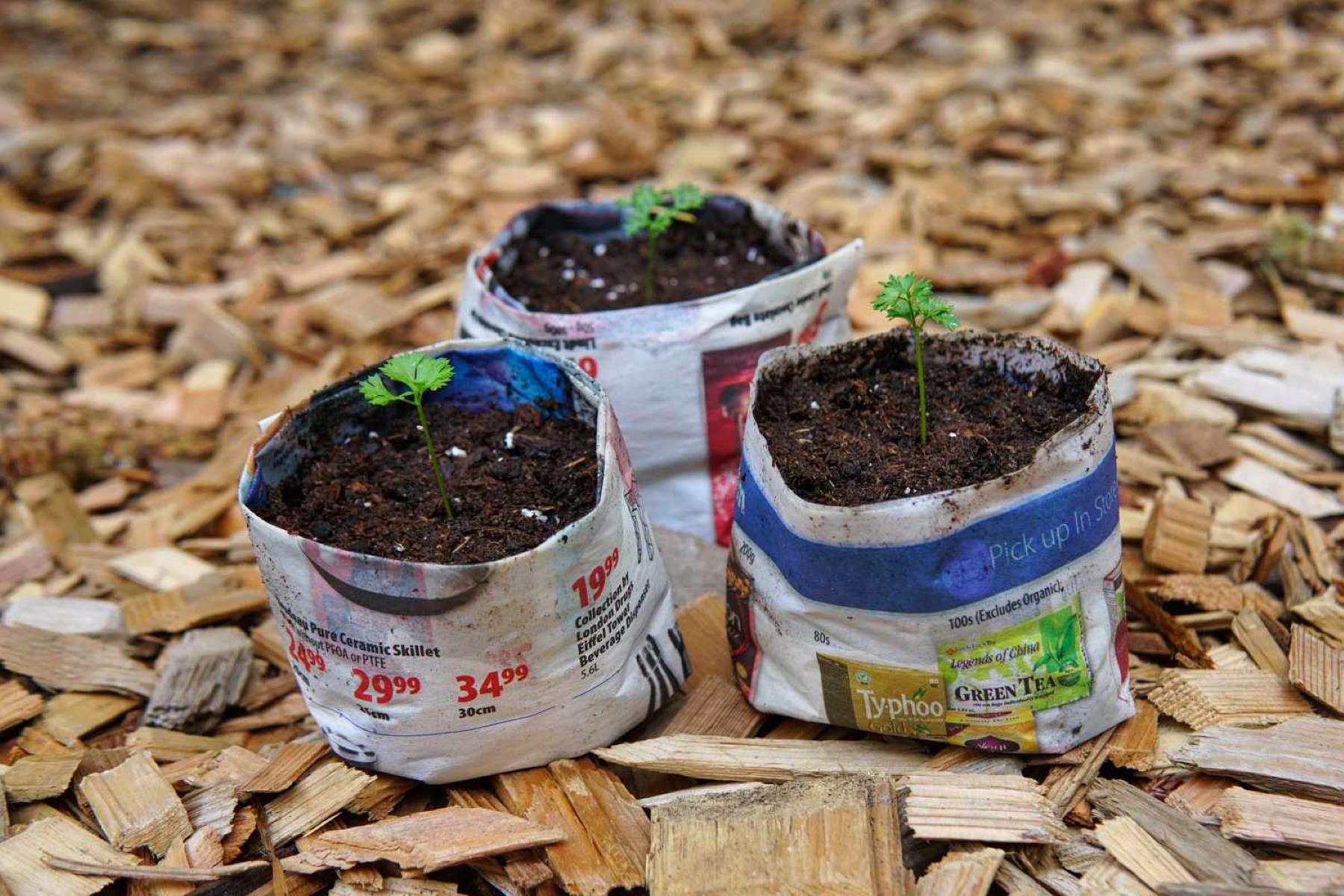


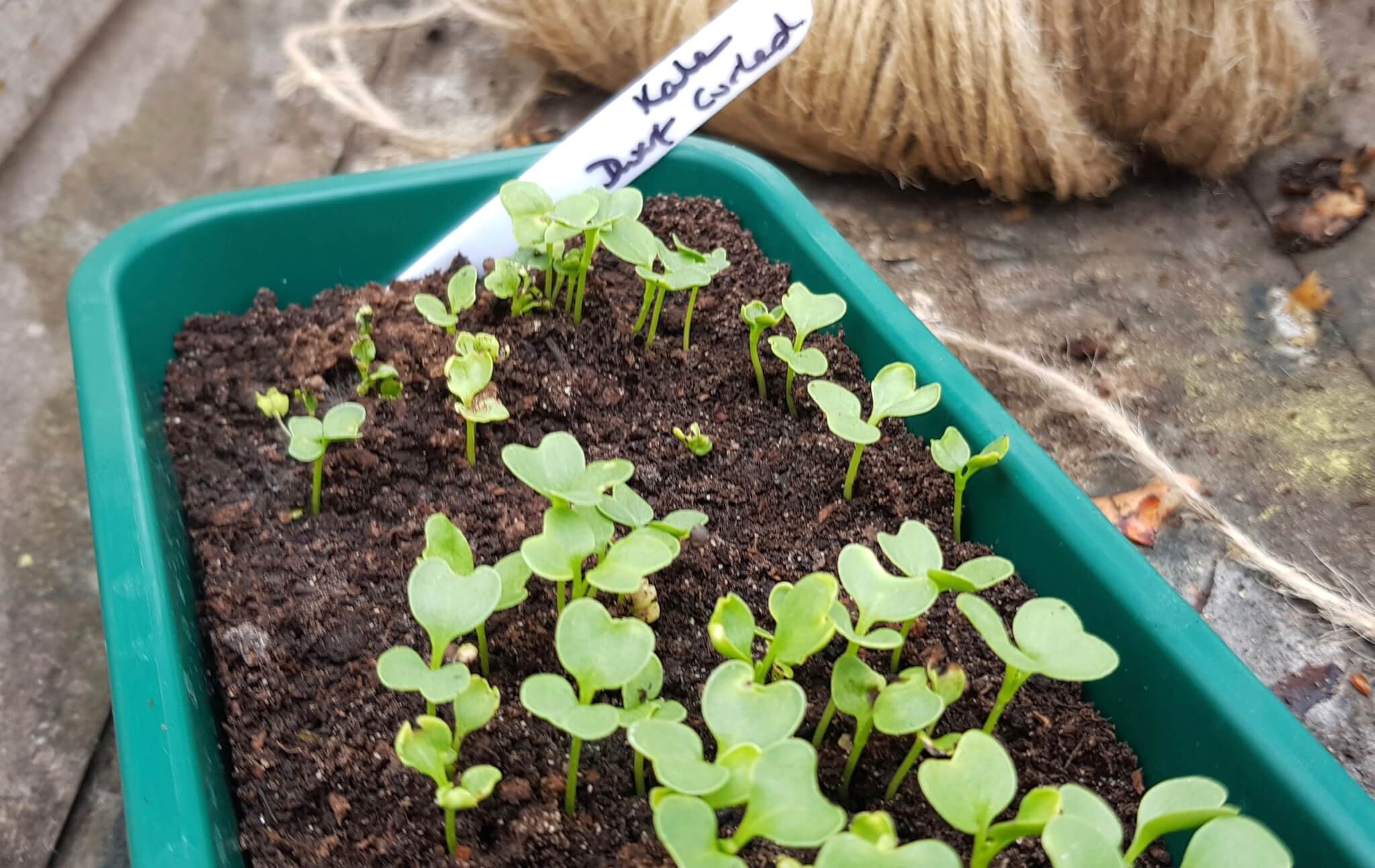

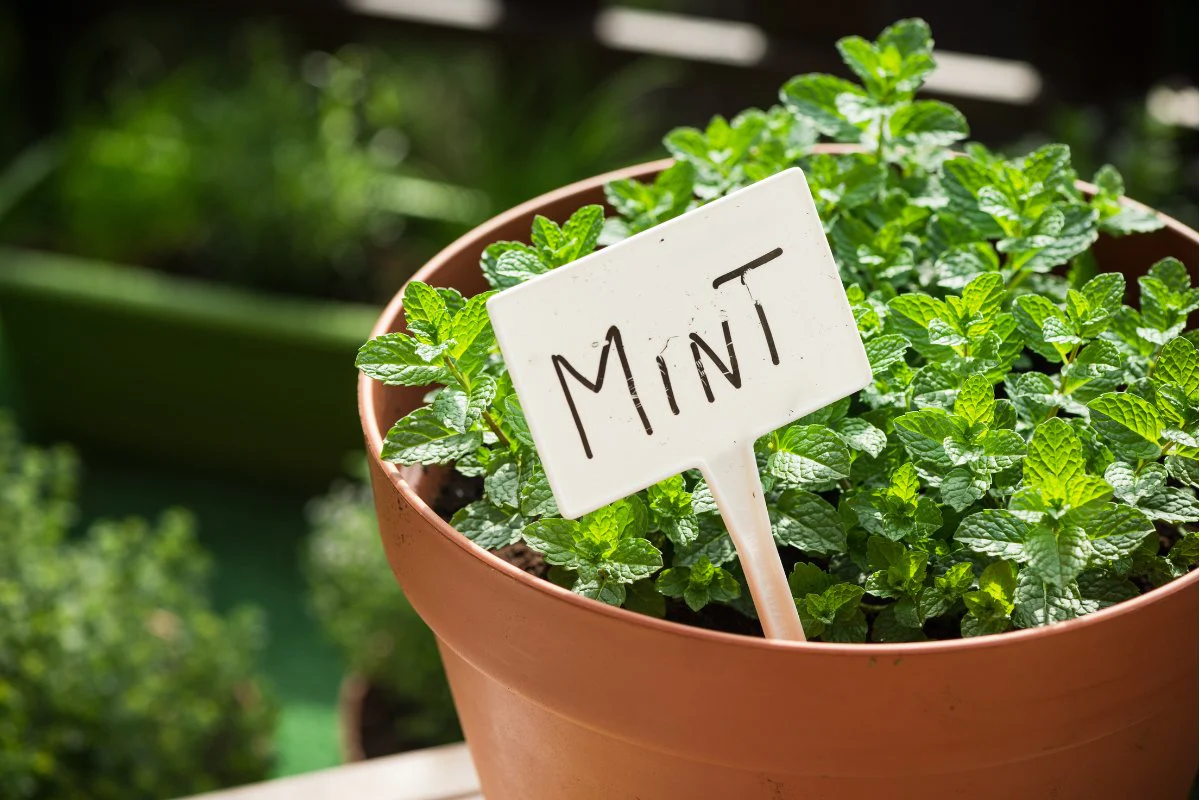

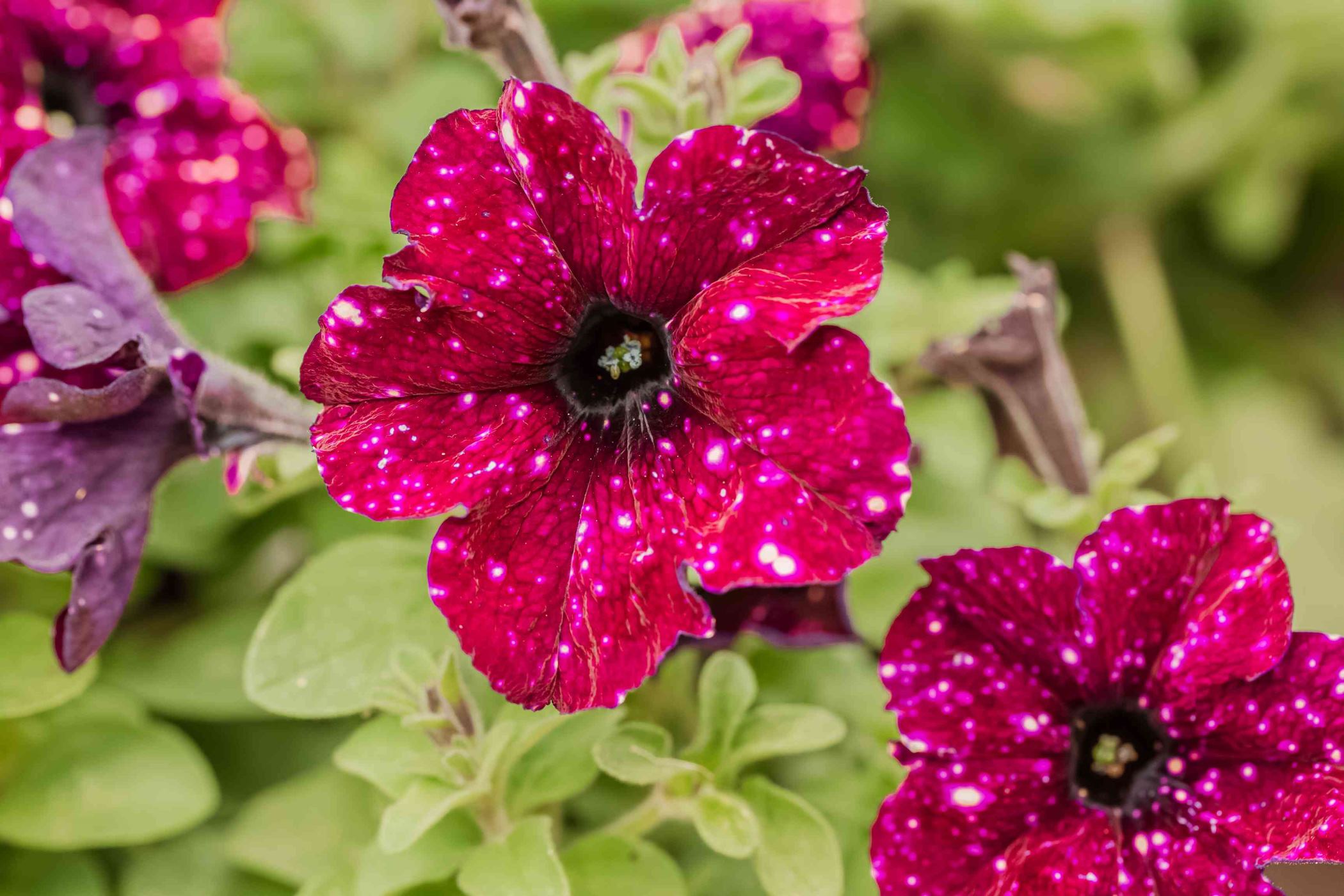
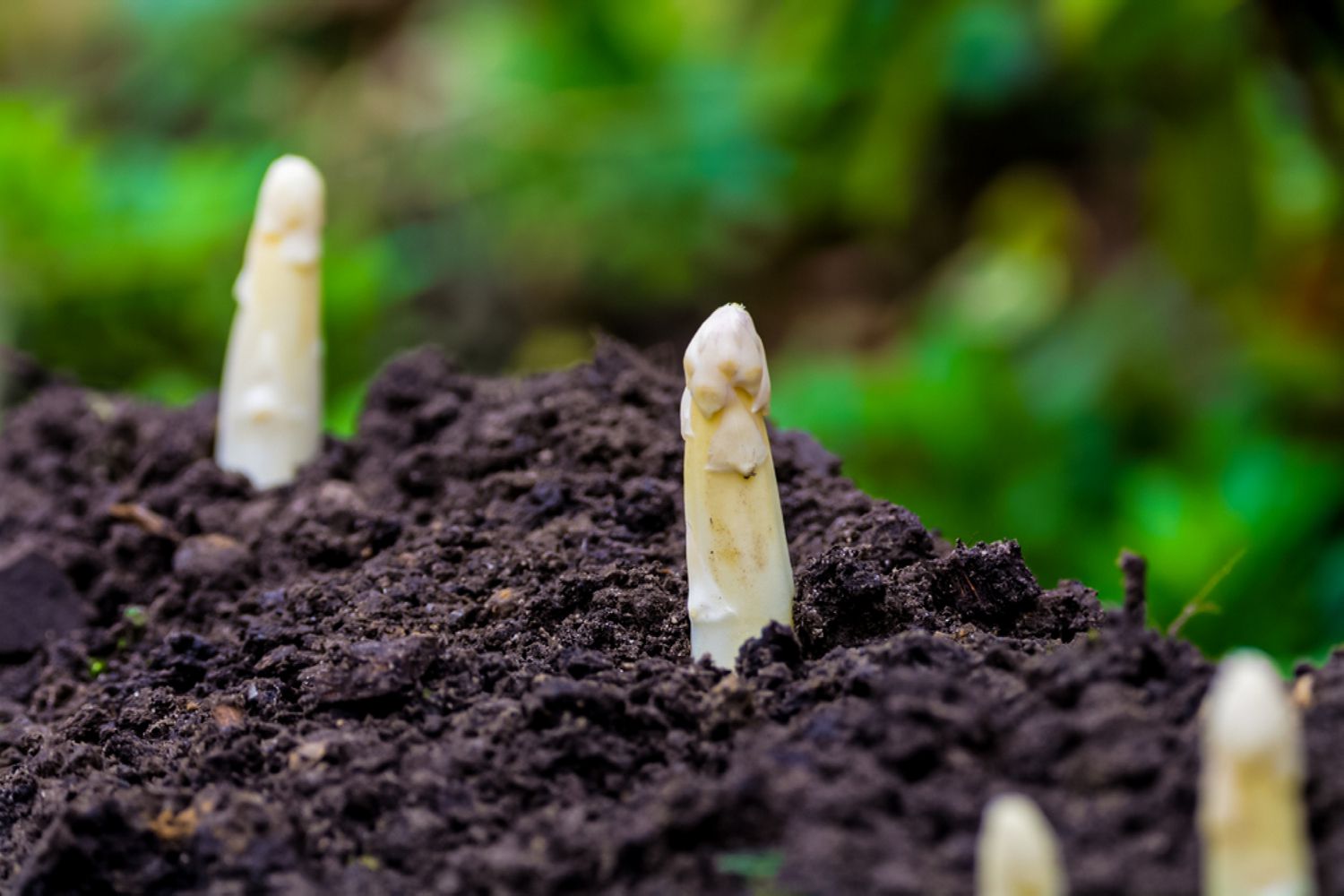




0 thoughts on “How Deep To Plant Eggplant Seeds”